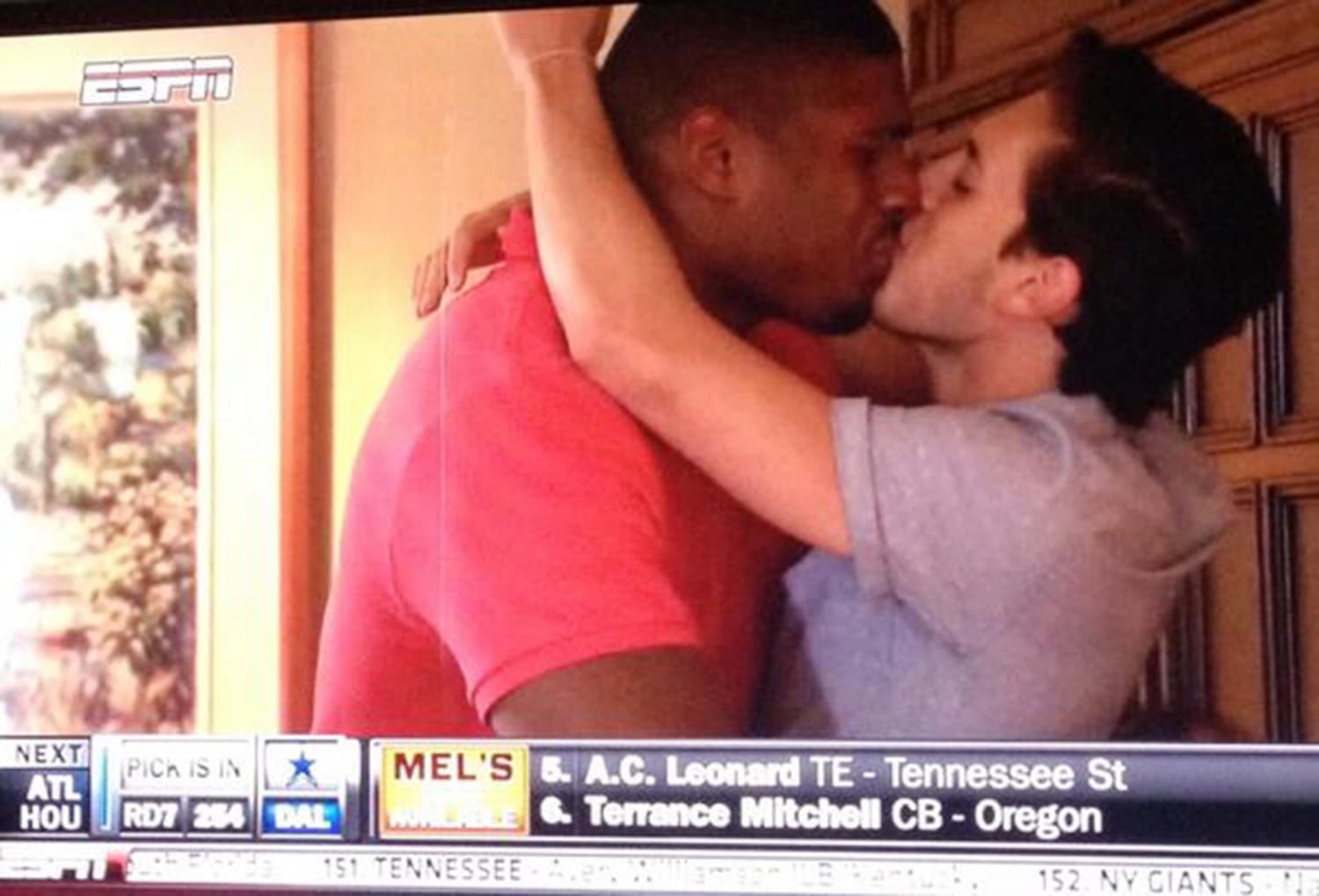I’ve been fairly fascinated by the kerfluffle over the Heritage Foundation’s report on the implications of immigration reform not because the report itself was surprising in the conclusion it reached, but because of the way in which it (unfortunately?) reinvigorated a discussion on the relationship between IQ and race just after the doyen of such studies himself, Charles Murray, had visited Kenyon College. One of the co-authors of the report, it turns out, had written a Harvard dissertation asserting, among other things, that “No one knows whether Hispanics will ever reach IQ parity with whites, but the prediction that new Hispanic immigrants will have low-IQ children and grandchildren is difficult to argue against” and the U.S. should therefore institute an IQ-based selection system. I’ve been somewhat bemused by all this, not least because I was under the impression that the conclusion that low-IQ scores within certain racial groups can be attributed to genetic causes had been thoroughly discredited within the relevant social science literature (Andrew Sullivan’s continued beating on the drum notwithstanding). Granted, as someone unconvinced that IQ measures anything biologically-fixed about a person whatsoever, I would not be inclined to give much credence to studies saying the opposite either. Ta-Nehisi Coates has a recent post on an alternative explanation for why such disparities come up when they do (and they often do).
Anyway, considering all this, I was fairly confused to see that Harvard approved a very recent (2009) dissertation making this kind of argument. There is a difference, it seems to me, between researchers at the American Enterprise Institute and those accredited by Harvard. So I was unsurprised to read that the author of the dissertation, Jason Richwine, thanks Charles Murray as his “primary advisor.” What continues to amaze me, and I thought it worth emphasizing this aspect of the story, was how Richwine came to the topic in the first place:
By his own account, Jason Richwine came to the Harvard Kennedy School deeply fascinated with the link between race and IQ. Richwine told The Washington Examiner’s Byron York that, as an undergraduate at American University, he fell in love with Charles Murray’s work on the topic. Murray, who will become an important player in Richwine’s story later on, is one of the authors of the infamous The Bell Curve, the 1994 book whose claims about the genetic roots of the black/white IQ gap set off the most famous public food fight over race and IQ. Richwine describes Murray as “my childhood hero.”
…
“Jason had the topic fully formed in his mind before he talked to me,” [the dissertation chair], wrote via email. “I played no role in topic selection or forming the research agenda.”This line raised eyebrows among some scholars familiar with social science dissertations. Dan Drezner is a Professor of International Politics at Tufts’ Fletcher School, an institution that’s somewhat similar to Harvard’s Kennedy School in character, who’s been following the Richwine case closely. “If I’m an advisor, and I have a student that comes to me,” Drezner said, “the last thing I would do is say ‘write this.’” They key issue is “how well formed was Richwine’s argument when he came to Borjas?” Students should come up with their own dissertation topics, Drezner said, but if an advisor didn’t sufficiently challenge them on whether it was a good, well-thought out program, that could be a problem.
Everyone who enteres a research project comes into it with certain predispositions and predilections. Otherwise, they probably wouldn’t be that interested in doing the research the first place. But anyone who enters a dissertation with an idea of a project (and apparently, in this case, an answer as well!) and comes out of it with the exact same idea, probably has a problem that goes beyond the lack of a primary advisor willing to challenge your assumptions. Sometimes you just begin a project that is not feasible as a grad student. Sometimes the materials don’t exist or the research would be too expensive. Sometimes the results come out differently than you expect or the evidence doesn’t support your initial claim or idea. But always, always, you engage with a pre-existing literature that will inevitably reshape the contours of a topic that you initially formulated prior to graduate school. There is a vast difference between working on IQ in 1994 and working on it in 2004. The Belle Curve itself actually has little to do with this issue; a research topic that does not shift through a four year (in Richline’s case) dissertation is one that has not developed sufficiently for doctoral research.
Indeed, this is something I emphasize to my students in “Practice and Theory of History.” We begin that course with a research proposal and the one thing I emphasize as we begin to work on it is that the final project will often not resemble the argument and topic initially posed. Most of my students, with some resistance, came around to seeing why that might be the case and why, in the end, that is a good thing. It signifies their ability to master even a small part of a literature and to understand the ways in which scholarship transforms and shifts over time in reaction to the work a community of scholars engages in together. Richwine, it seems, failed to understand that very basic concept.
